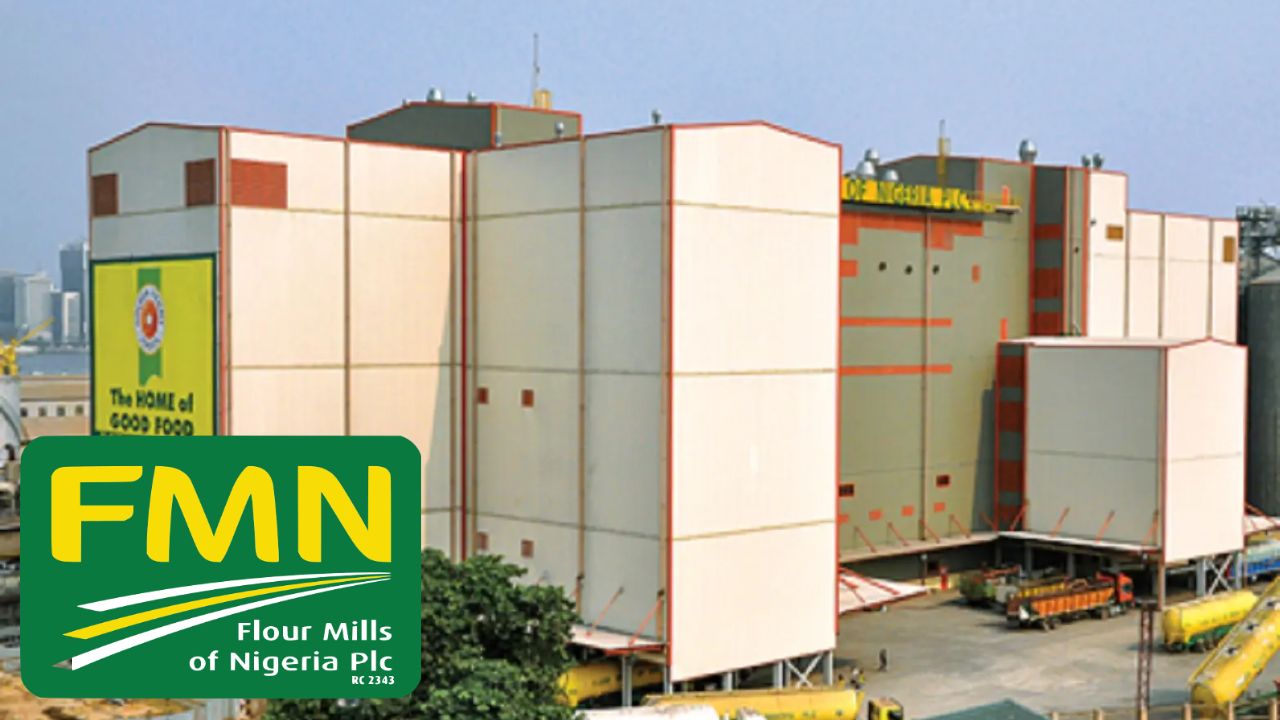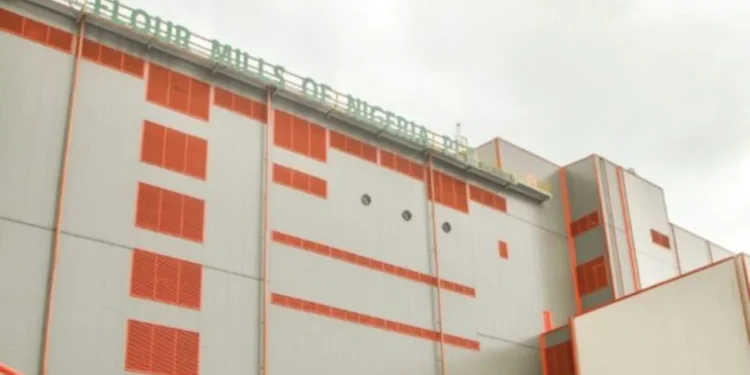- Flour Mills of Nigeria Plc plans to invest up to $1 billion over the next four years in an expansion and restructuring drive.
- The investment is a welcome boost to President Bola Tinubu’s reform efforts.
- Flour Mills will invest at least $500 million in its sugar operations in Niger state to scale production to more than 400,000 tons a year from the current 1000 tons.
Flour Mills of Nigeria expansion
Flour Mills of Nigeria Plc, the country’s biggest milling company, plans to invest up to $1 billion over the next four years in an expansion and restructuring drive after its majority shareholder offered to privatize it.
This significant funding will focus on boosting production capacity and exploring new markets across Africa while leveraging the African Continental Free Trade Area (AfCFTA). According to the company’s Chairman, John Coumantaros, this new funding is about doubling investment in Nigeria.
The investment is a welcome boost to President Bola Tinubu’s reform efforts when some firms like Unilever Plc and Diageo Plc are reducing their exposure or exiting the West African country. Since ascending to power in May 2023, President Tinubu has unleashed a flurry of reforms, from floating the naira to toning down on fuel subsidies, to make the country more appealing to investors and rescue it from the brink of fiscal crisis.
Flour Mills will invest at least $500 million in its sugar operations in Niger state to scale production to more than 400,000 tons a year, from the current 1000 tons, according to Coumantaros. An additional $100 million will go to building a cassava-processing factory to halt cassava starch imports into the country, with its breakfast cereal offering also being expanded.
The 64-year-old milling company will be restructured after Excelsior Shipping Company Ltd. last month offered to buy out minorities at 70 nairas a share.
Coumantaros said it intends to restructure its more than 22 units into five companies. “We want to be able to attract partners — technical and financial partners — to help us grow our sugar operations and our food business. We have a lot of ambitious plans for investment and expansion.”
Read Also: Nigeria’s trade activity dips in September as rising inflationary pressure bites
Internal funding

“The requirement for capital is going to be very, very large. And, of course, we will be backing most of that,” he said. “But when you grow, you can’t do everything yourself. You need to invite those experts of the best in the field to support you and assist you and bring some of that technical expertise so we can grow more business, more jobs here in the country.”
The company also looks to expand across Africa, starting in West Africa, leveraging on the African Continental Free Trade Area — the largest single market by area since the formation of the World Trade Organization.
“With the inception of the AfCFTA, we strongly believe that we shouldn’t just be looking at the Nigerian market,” the chairman said. “Our dream is to have a pan-African food business headquartered in Nigeria. We will use the AfCFTA to expand our footprint into those regions.”
Coumantaros sees the company relisting after its repositionings.
“It is our aspiration that we come back,” and “we list in Nigeria, perhaps a dual listing as a pan-African food business or a pan-African agro-allied business,” he said. “We believe there’s a critical role for the Nigerian Stock Exchange to play in our future, but we need to reorganize, retool, recapitalize, refocus so that we’re in that position.”










